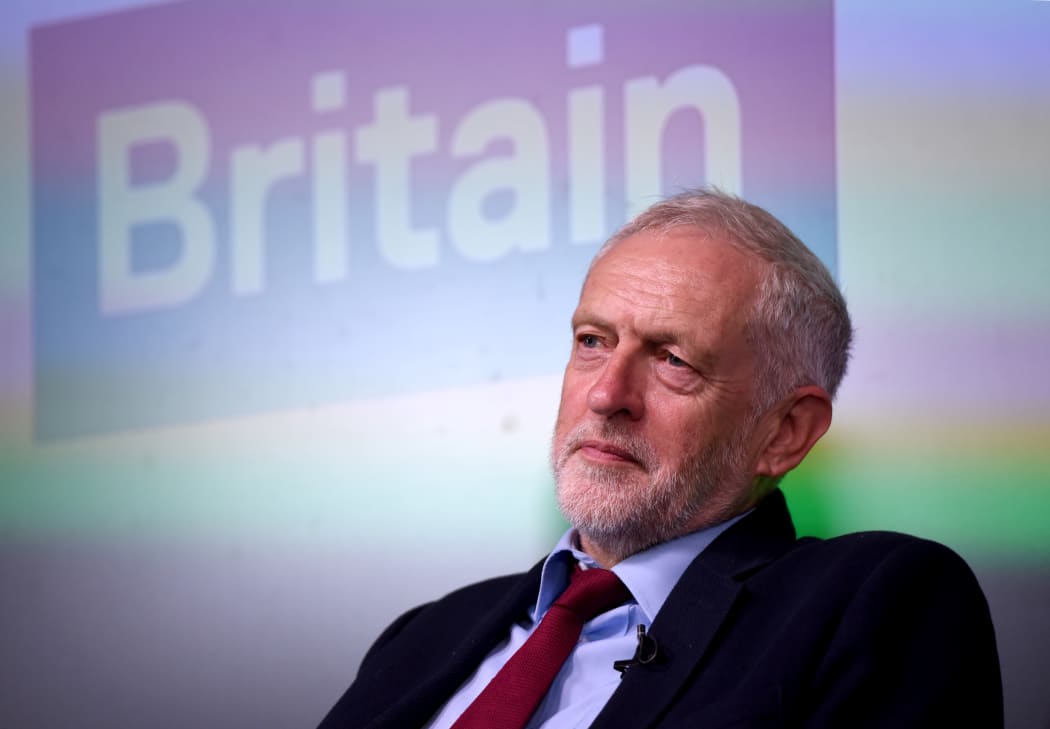The leadership of the UK labour party is set to be decided this weekend when Labour party members, affiliated trade union supporters and other registered supporters vote.
Jeremy Corbyn, who surprised many last year when he won the leadership having started as a rank outsider, is facing a challenge from Shadow Minister for Wales, Owen Smith.

Jeremy corbyn Photo: AFP
After the UK voted for Brexit earlier in the year, many within the Labour party criticised Mr Corbyn for his unenthusiastic backing of the Remain camp.
Dozens of his frontbench team have walked out since Hilary Benn was sacked on 26 June, saying Mr Corbyn cannot win a general election.
At least one poll suggests Labour rank and file voters regard the new Conservative leader Theresa May more favourably than they do Mr Corbyn.
But Mr Corbyn has vowed to carry on, and leads Mr Owen in most polls.
What does all this mean for the future of the British Labour party?
Tim Bale, professor of politics at Queen Mary University London and author of the recent book The Conservative Party: From Thatcher to Cameron believes that Labour will lose the next general election in 2020, and probably 2025, putting them out of power for two decades.
He says Mr Corbyn is almost certain to win at the weekend and if he then goes on to loose badly at the next general election the party could well split.
“Jeremy Corbyn is not a normal politician. A normal leader, faced with the fact that three quarters of his MPs don’t want him in the position, would have stepped down by now.
“He wants to turn the Labour Party into something very, very different.”
He says Mr Corbyn and his supporters want the Labour Party, once a centrist, parliamentary force, to change into a radical socialist, social movement.
“A party that does politics very, very differently.”
Prof Bale doubts whether, given Britain’s first past the post system, that kind of party will win general elections in the UK.

